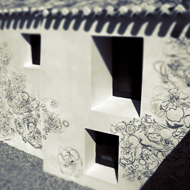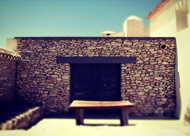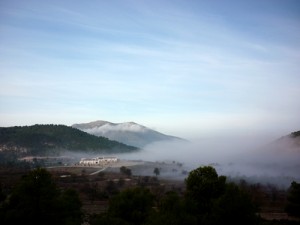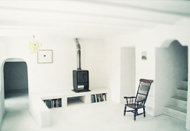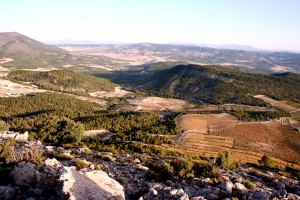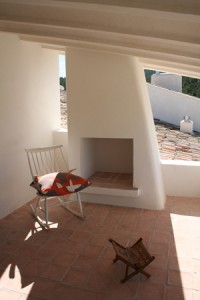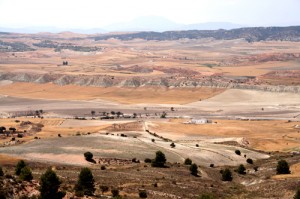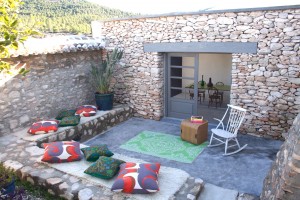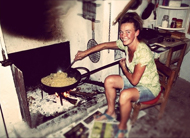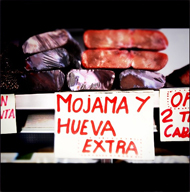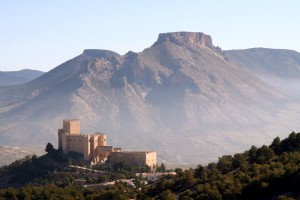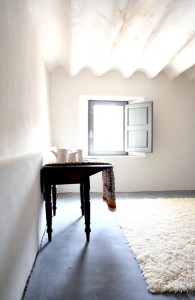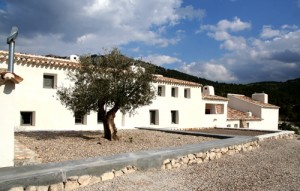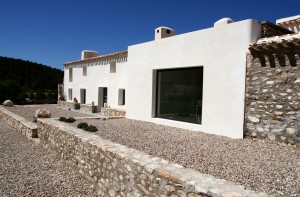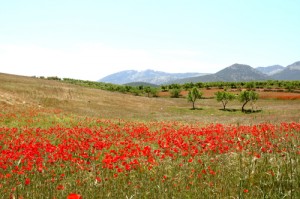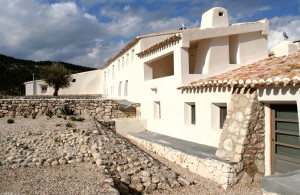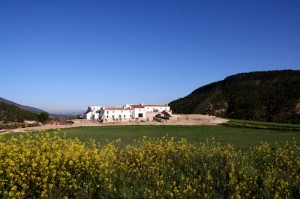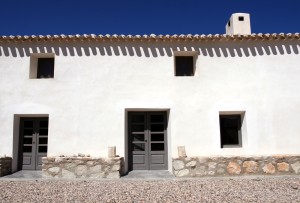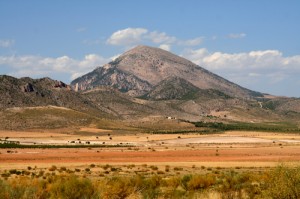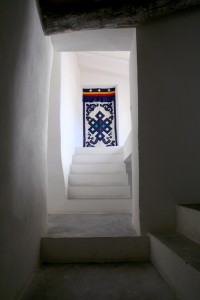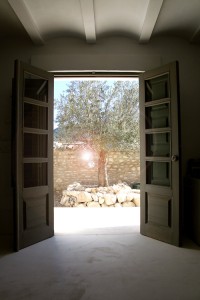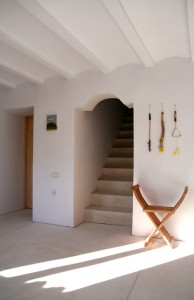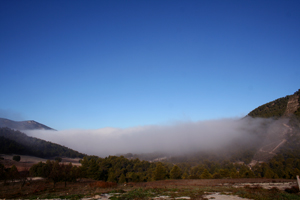Gerald Brenan - a life in 6 paragraphs
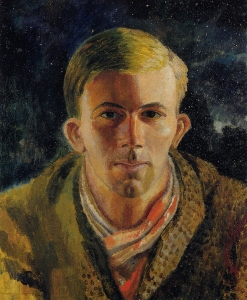
Portrait by Dora Carrington
Fascinating as biography is, if I was an author, I would hate to have my life simultaneously ‘summed up’ and dissected without a proper critique of my writing.
Brenan, Edward FitzGerald [Gerald] (1894-1987), writer and Hispanic
scholar, was born on 7 April 1894 at Sliema, Malta, the elder son (there
were no daughters) of Hugh Brenan, subaltern in the Royal Irish Rifles, and
his wife, Helen, daughter of Sir Ogilvie Graham, cotton and linen merchant.
Gerald, as he was always known, spent the first seven years of his childhood
either travelling with the regiment in South Africa and India, or living in
the family home of the Grahams, Larchfield, near Belfast. However, in 1901
Hugh Brenan became almost stone deaf as a result of malaria, and had to
leave the army. Gerald was a precocious, imaginative little boy, and devoted
to his mother, who stimulated his love of books and his interest in history,
travel, and especially botany. He won an exhibition to Radley College, where
he was extremely unhappy, and was awarded the Scott essay prize every year.In obedience to his father’s wishes, Brenan passed into Sandhurst. Detesting
this prospect, at seventeen he concocted and carried out a wildly romantic
scheme to escape with an older friend, a donkey, and very little money, and
walk to Asia. His friend got no further than Venice, but Brenan plodded on
alone, braving wolves and snowstorms until he gave up in the Balkans, after
having covered over 1500 miles. His parents were relieved at the return of
the prodigal, and-a year later-the outbreak of the First World War
temporarily settled his future. He was commissioned into the 5th Gloucesters and in due course was sent to France, serving first with the cyclist corps, and later in charge of observation posts, fighting at Ypres, Passchendaele, and the Somme, and gaining the MC (1918) and the Croix de Guerre. It was in the army that he met Ralph Partridge and made the greatest friendship of his life, lasting as it did until Partridge’s death in 1960, despite a violent breach over an affair with Partridge’s first wife, Dora Carrington.Demobilized in 1919, Brenan was eager to get away from England, and acquire the education he felt Radley had failed to supply. With little equipment except his war gratuity and some 2000 books in various languages, including the classics, he embarked for Spain, thinking his war gratuity would last longer there, and rented a little house in the village of Yegen on the beautiful slopes of the Sierra Nevada. Here he began life in his adopted country, devoting himself to reading, walking immense distances in the mountains, and writing quantities of long and brilliant letters. He
considered himself a ‘writer’ from the first, though he never finished his
projected life of St Teresa of Avila, and his first publication was a
picaresque novel called Jack Robinson written under the pseudonym George
Beaton (1933), which received elitist rather than wide acclaim.During his visits to London, Brenan made many literary friends, and when in
Spain he was visited by Lytton Strachey, Virginia Woolf, Bertrand Russell,
Roger Fry, David Garnett, and V. S. Pritchett, with their consorts. At his
best a brilliant and amusing talker, Brenan’s character was full of
contradictions: he had a great capacity for prolonged and concentrated study
as well as outstanding intelligence and originality in the interpretation of
its results; he would often work far into the night, but he might collapse
many times in a month with what he called ‘flu’. Jack Robinson was followed
by an unceasing output until the book of aphorisms, Thoughts in a Dry
Season: a Miscellany (1978), in his eighties. The Spanish Labyrinth (1943),
a brilliantly penetrating study of the history of modern Spain, and The
Literature of the Spanish People (1951) were much admired in academic
circles, while Brenan’s knowledge of Spain took a form designed to appeal to
the general reader in The Face of Spain (1950) and South from Granada
(1957). The latter was one of his most successful and often reprinted books.
Two volumes of autobiography, A Life of One’s Own and Personal Record,
followed in 1962 and 1974; he also wrote two more novels and a life of St
John of the Cross, St John of the Cross: his Life and Poetry (1973).As a young man Brenan was tall, sparely built, and agile; he had straight
fair hair and small, nearly black eyes set wide apart in a face that was
expressive and charming rather than good looking. He kept his agility until
his seventies. In comparison with all his intellectual activity his
emotional life ran an uneasy course. His love affair with Dora Carrington
was far the most serious in his life, producing as it did an enormous
two-way correspondence, some ecstasy, and considerable unhappiness on both sides. Otherwise he was obsessed by sex, and inhibited by fears of
impotence. A stream of prostitutes, hippies, and peasant girls occupied his
agitated thoughts and feelings and directed his travels. In 1930, while in
Dorset, he met the American poet and novelist (Elisabeth) Gamel Woolsey who was then involved with the literary Powys family, especially Llewelyn. She was the daughter of William Walton Woolsey, plantation owner, of South Carolina. She and Brenan drifted into a relationship, and although their temperaments differed greatly-between his nervous excitability and her dreamy melancholy-they grew very close. In 1931 they went through a
pseudo-marriage in Rome, ratified later in London. Gamel died of cancer in
1968. Brenan had one child, a daughter, Miranda, whose mother was Juliana
Pellegrino, an unmarried girl from Yegen village. She was born in 1931 and
later legally adopted by her father and Gamel, who took her to England to be
educated. She died of cancer in 1980.After the end of Franco’s regime most of Brenan’s books were translated, and he became a hero in Spain, receiving the Pablo Iglesias award. He was also appointed CBE (1982). In 1970 Brenan moved inland to a smaller house built to his own design, and here he spent his last seventeen years, while his
eyesight and health gradually declined. He was cared for by Lynda Price and
her husband, Lars Pranger. In 1984 the burden of his rapidly declining state
led to his consenting to be taken by Lars to a home in Pinner, near London,
to the great indignation of his Spanish admirers. This resulted in an
extraordinary and much publicized sequel when two members of the Junta de Andalucia flew to London, kidnapped Brenan, and took him back to Alhaurin, where they arranged for him to be nursed and cared for at his home. He died there on 19 January 1987.
The Oxford Dictionary of Biography.








